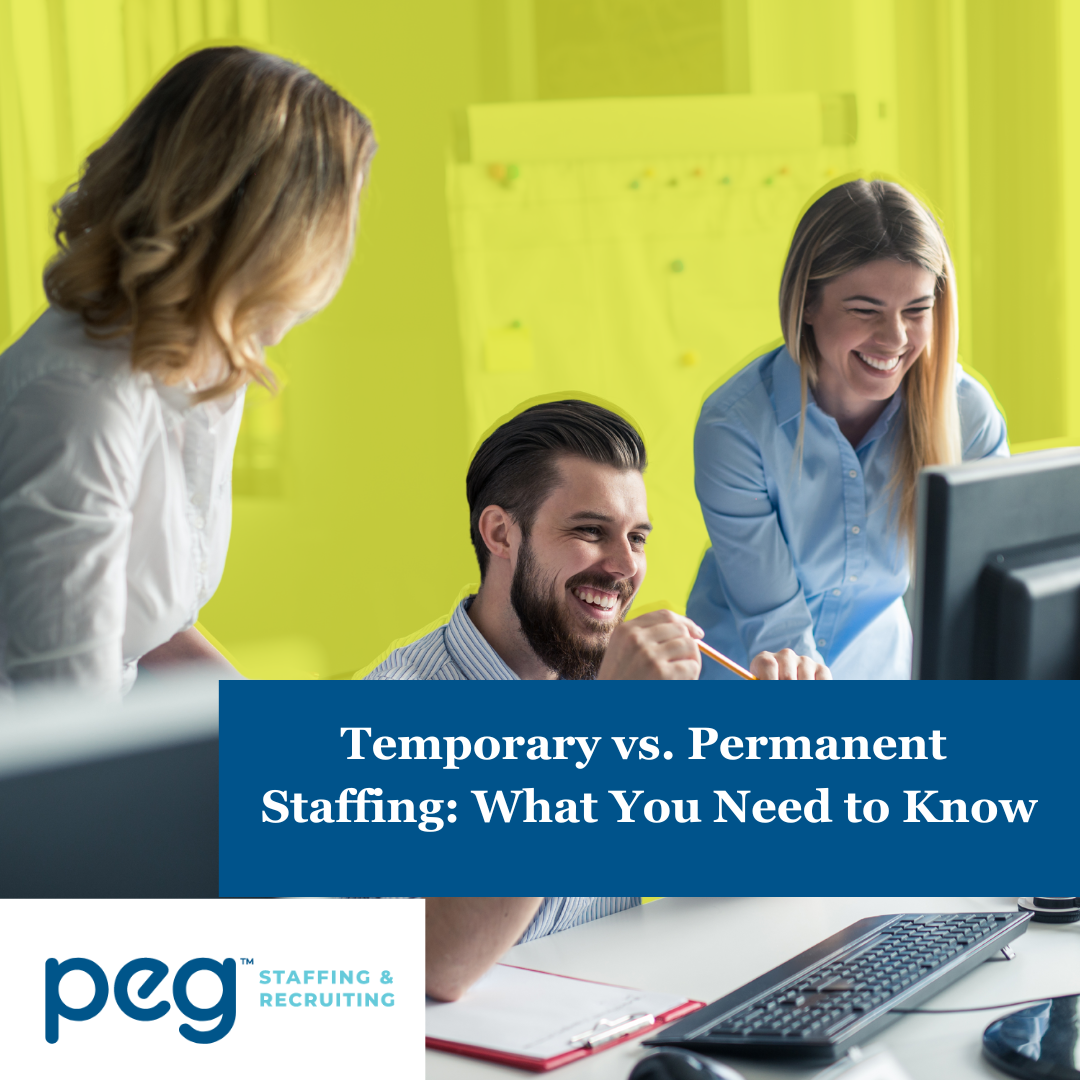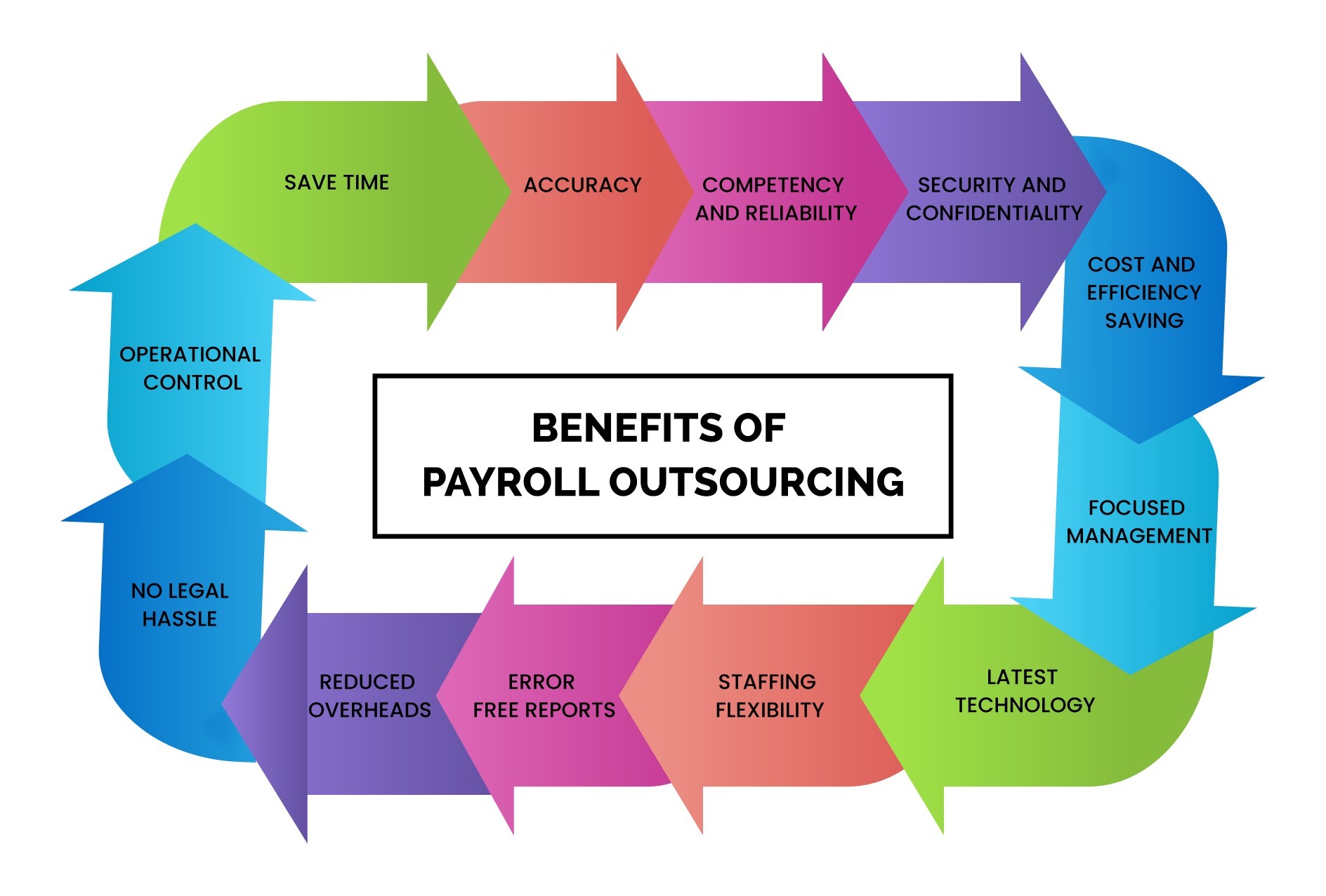Популярные статьи
Реклама
Обратная связь
Яндекс Апдейт
Сервис не доступен
Оцените работу движка
Кто онлайн
Гость Гость Гость Гость Гость Гость Гость Гость Гость Гость Гость Гость Гость Гость Гость Гость Гость Гость Гость Гость Гость Гость Гость Гость Гость Гость Гость Гость Гость Гость Гость Гость Гость Гость Гость Гость Гость Гость Гость Гость Гость Гость Гость Гость Гость Гость Гость Гость Гость Гость Гость Гость Гость Гость Гость Гость Гость Гость Гость Гость Гость Гость Гость Гость Гость Гость Гость Гость Гость Гость Гость Гость Гость Гость Гость Гость Гость Гость Гость Гость Гость Yandex Гость Гость Гость Гость Гость Гость Гость Гость Гость Гость Гость Гость Гость Гость Гость Гость Гость Гость Гость Гость Гость Гость Гость Гость Гость Гость Гость Гость Гость Гость Гость Гость Гость Гость Гость Гость Гость Всего: 119
У нас искали
Outsourcing Compliance: What You Need To Know - SMS
One of the most substantial organization trends over the last years has actually been to contract out functions that are not core organization activities. Cutting expenses and acquiring proficiency are the 2 most common inspirations for outsourcing. This trend has long since reached corporate . Many questions surround this practice in the compliance arena.
Why Outsource Compliance?
The first concern is: why should a an outside expert to assist in running the compliance program? The reality is that many compliance workplace jobs are consistently contracted out to suppliers to allow the compliance workplace to focus on the program's core elements. Hotlines, sanction screening services, and training programs are typically outsourced functions.
Sometimes, a compliance officer's departure develops the need for support up until the company can work with a replacement. In others, an existing compliance program requires help to deal with included responsibilities, such as or HIPAA privacy/security officer support.
When Should You Outsource Compliance?
Organizations decide to hire compliance professionals after recognizing weak points or gaps in their operations, such as vacancies in compliance, or gatekeeper roles. Many times, federal government examination drives the decision to bring in experts. Corporate Integrity Agreements mandate that an organization attests to having a fully working and reliable compliance program.
Managed Care statutes require maintaining a reliable compliance program and informing CMS when a compliance officer job takes place. And under the Affordable Care Act, CMS is needed to develop mandated compliance program requirements. Once these requirements are in effect, lots of will seek professional help to meet them.
Where Can You Find Compliance Outsourcing Services?
Where can organizations discover needed compliance know-how? The simplest starting point is inspecting the internet to discover professional journal short articles on the subject. This can provide additional insight and identify experts on the subject. A search can also recognize firms that may supply the needed services.
Who Should You Outsource Compliance To?
Who are some specialists that can fill gaps or supplement compliance programs, and have also built, examined, and handled efficient compliance programs? They are individuals with hands-on experience in multiple situations and settings that make them .
The following are examples of specialists with extensive compliance program consulting experience, who have served as compliance officers in multiple roles:
Cornelia Dorfschmid, PhD, who has more than 20 years of healthcare seeking advice from experience and has actually acted as designated/interim compliance officer for medical facility systems and doctor practices on multiple events.
Steve Forman, CPA, with 12 years as a health care consultant, 10 years as VP for Audit/Compliance at a health center system, and has actually acted as interim/designated compliance officer numerous times.
Suzanne Castaldo, JD, CHC, a skilled consultant who has functioned as interim/designated compliance officer a number of times.
How Can You Best Outsource Compliance?
How can companies use compliance specialists to its finest benefit? Using certified specialists has numerous benefits, however the secret in employing them is to bring an optimal return of advantage for the cost by making sure included value. In addition to daily management, consider including some of the following:
1. Examine the to confirm strengths and identify opportunities for improvement;
2. Conduct an independent evaluation of the program for senior management and board;
3. Review the Standard Procedure and other written assistance;
4. Evaluate the quality and efficiency of compliance training;
5. Assess high-risk locations that require attention;
6. needed to successfully operate the compliance program;
7. Use professionals to determine and build metrics evidencing compliance program effectiveness;
8. Use professionals to help in determining and assessing prospects for the long-term compliance officer position; and
9. Provide a "plan" for incoming compliance officers to follow.
What Level of Effort Should You Take Into Outsourcing Compliance?
What level of effort do organizations require to utilize compliance specialists in compliance programs? Even for fairly large organizations, a real compliance expert can hold the program together for several months without needing to be on-site full time. Most organizations can run compliance programs effectively through utilizing an expert for 50-80 hours monthly for as much as 6 months until having an irreversible compliance officer in location becomes crucial.
Smaller companies and a lot of doctor practices will require specialists for just half the time. Due to advances in technology, not all hours need to be on-site. However, the secret is to have the specialist on-call to attend to any emergent problems. Notably, the OIG has actually accepted that for smaller sized companies, engaging a qualified specialist as the Designated Compliance Officer may make more sense. The OIG mentions lots of reasons for an organization to think about using an outdoors specialist instead of a W-2 complete time employee.

About the Author
Richard P. Strategic Management Services, LLC, after retiring from being the DHHS Inspector General, and has helped over 3,000 healthcare organizations and entities in developing, carrying out and assessing compliance programs.

Why Outsource Compliance?
The first concern is: why should a an outside expert to assist in running the compliance program? The reality is that many compliance workplace jobs are consistently contracted out to suppliers to allow the compliance workplace to focus on the program's core elements. Hotlines, sanction screening services, and training programs are typically outsourced functions.
Sometimes, a compliance officer's departure develops the need for support up until the company can work with a replacement. In others, an existing compliance program requires help to deal with included responsibilities, such as or HIPAA privacy/security officer support.
When Should You Outsource Compliance?
Organizations decide to hire compliance professionals after recognizing weak points or gaps in their operations, such as vacancies in compliance, or gatekeeper roles. Many times, federal government examination drives the decision to bring in experts. Corporate Integrity Agreements mandate that an organization attests to having a fully working and reliable compliance program.
Managed Care statutes require maintaining a reliable compliance program and informing CMS when a compliance officer job takes place. And under the Affordable Care Act, CMS is needed to develop mandated compliance program requirements. Once these requirements are in effect, lots of will seek professional help to meet them.
Where Can You Find Compliance Outsourcing Services?
Where can organizations discover needed compliance know-how? The simplest starting point is inspecting the internet to discover professional journal short articles on the subject. This can provide additional insight and identify experts on the subject. A search can also recognize firms that may supply the needed services.
Who Should You Outsource Compliance To?
Who are some specialists that can fill gaps or supplement compliance programs, and have also built, examined, and handled efficient compliance programs? They are individuals with hands-on experience in multiple situations and settings that make them .
The following are examples of specialists with extensive compliance program consulting experience, who have served as compliance officers in multiple roles:
Cornelia Dorfschmid, PhD, who has more than 20 years of healthcare seeking advice from experience and has actually acted as designated/interim compliance officer for medical facility systems and doctor practices on multiple events.
Steve Forman, CPA, with 12 years as a health care consultant, 10 years as VP for Audit/Compliance at a health center system, and has actually acted as interim/designated compliance officer numerous times.
Suzanne Castaldo, JD, CHC, a skilled consultant who has functioned as interim/designated compliance officer a number of times.
How Can You Best Outsource Compliance?
How can companies use compliance specialists to its finest benefit? Using certified specialists has numerous benefits, however the secret in employing them is to bring an optimal return of advantage for the cost by making sure included value. In addition to daily management, consider including some of the following:
1. Examine the to confirm strengths and identify opportunities for improvement;
2. Conduct an independent evaluation of the program for senior management and board;
3. Review the Standard Procedure and other written assistance;
4. Evaluate the quality and efficiency of compliance training;
5. Assess high-risk locations that require attention;
6. needed to successfully operate the compliance program;
7. Use professionals to determine and build metrics evidencing compliance program effectiveness;
8. Use professionals to help in determining and assessing prospects for the long-term compliance officer position; and
9. Provide a "plan" for incoming compliance officers to follow.
What Level of Effort Should You Take Into Outsourcing Compliance?
What level of effort do organizations require to utilize compliance specialists in compliance programs? Even for fairly large organizations, a real compliance expert can hold the program together for several months without needing to be on-site full time. Most organizations can run compliance programs effectively through utilizing an expert for 50-80 hours monthly for as much as 6 months until having an irreversible compliance officer in location becomes crucial.
Smaller companies and a lot of doctor practices will require specialists for just half the time. Due to advances in technology, not all hours need to be on-site. However, the secret is to have the specialist on-call to attend to any emergent problems. Notably, the OIG has actually accepted that for smaller sized companies, engaging a qualified specialist as the Designated Compliance Officer may make more sense. The OIG mentions lots of reasons for an organization to think about using an outdoors specialist instead of a W-2 complete time employee.

About the Author
Richard P. Strategic Management Services, LLC, after retiring from being the DHHS Inspector General, and has helped over 3,000 healthcare organizations and entities in developing, carrying out and assessing compliance programs.

Уважаемый посетитель, Вы зашли на сайт kopirki.net как незарегистрированный пользователь.
Мы рекомендуем Вам зарегистрироваться либо войти на сайт под своим именем.
Мы рекомендуем Вам зарегистрироваться либо войти на сайт под своим именем.

 Просмотров: 33
Просмотров: 33  Комментариев: (0)
Комментариев: (0)